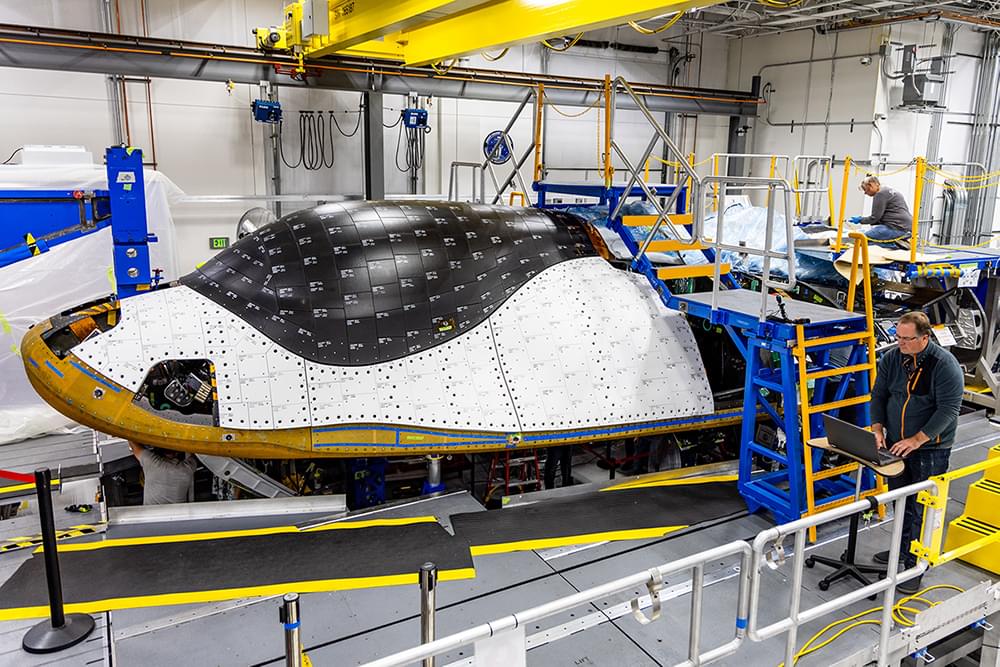Riding on the shoulders of the Apollo generation, the Artemis missions will pave the way for humans to return to the moon, begin human exploration of Mars, and someday for humanity to reach the edges of our solar system and beyond.
While the exploration of deep space is critical to advancing our understanding of so many unanswered questions about the universe and our place in it, it is equally as critical that the United States government and private industry work together to lead the commercialization of Low Earth Orbit (LEO), and capture the resulting massive new space economy.
As I wrote in The Washington Post recently, the most profound chapter in human history is the industrial revolution happening in LEO, just 250 miles above our heads. We are at a turning point for our civilization, pivoting from 60 years of space exploration to a new era of unprecedented economic activity, manufacturing and growth in space. This burgeoning epoch is called the Orbital Age, and it will drive a new trillion-dollar industry.








